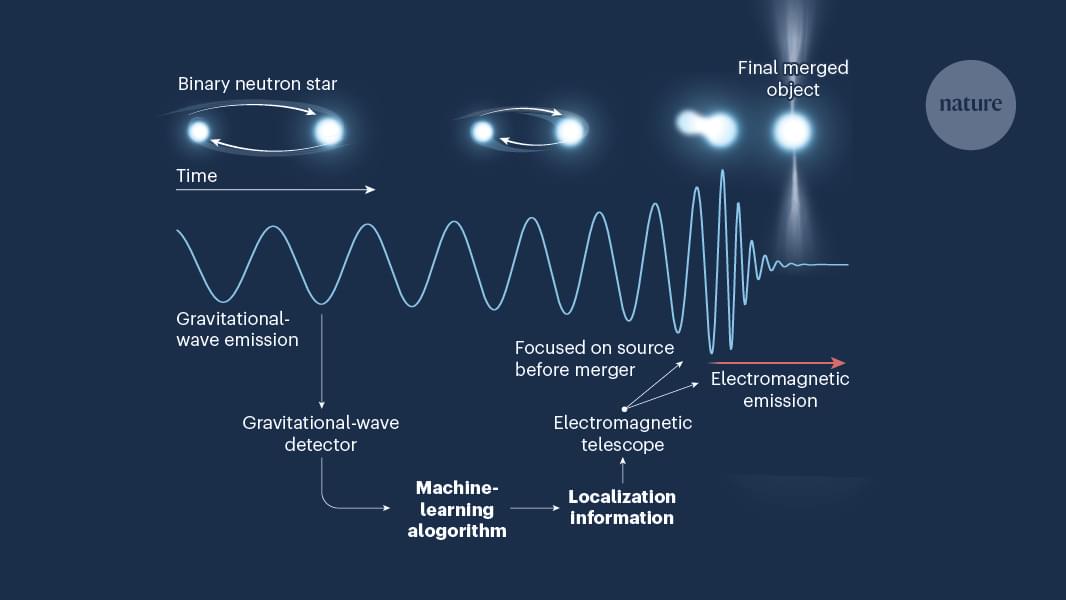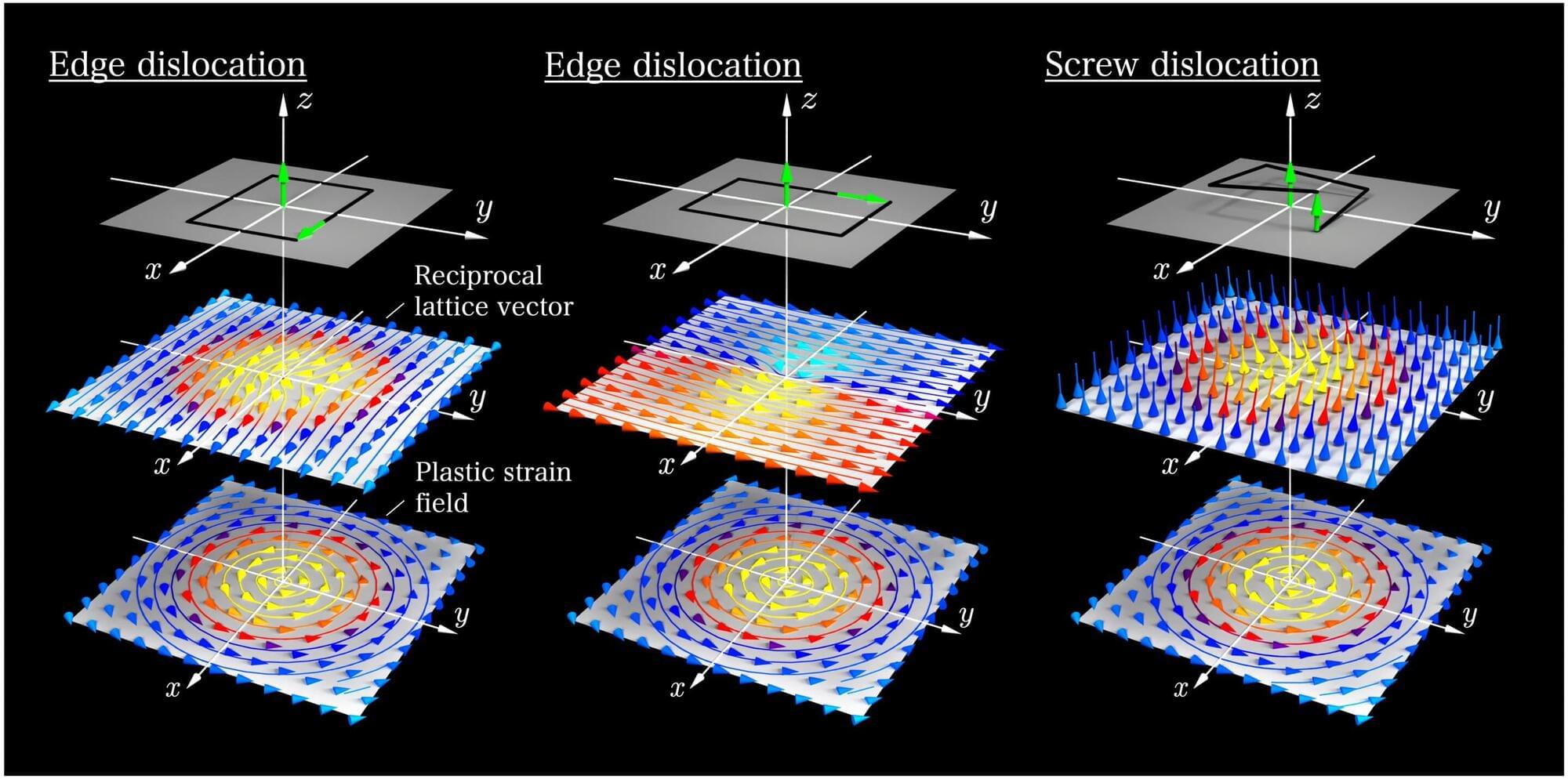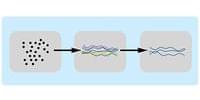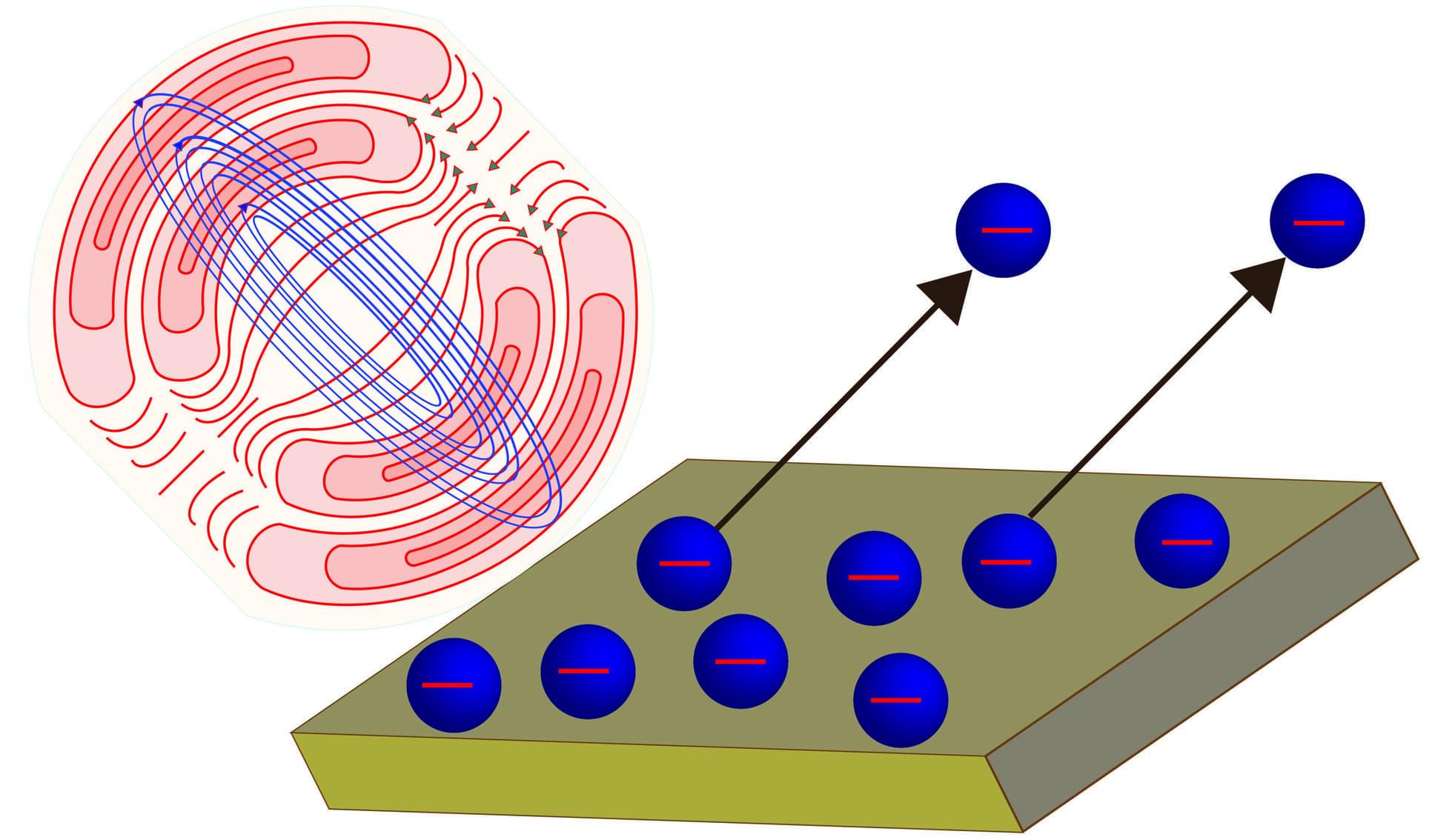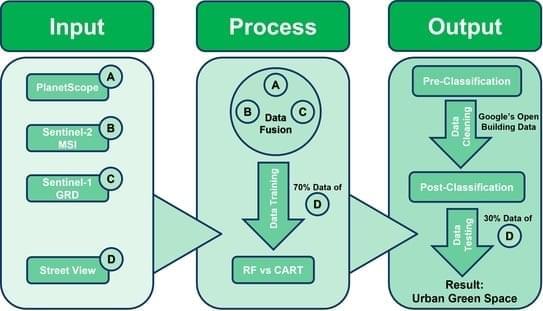Nowadays, if you have a microscope, you probably have a camera of some sort attached. [Applied Science] shows how you can add an array of tiny LEDs and some compute power to produce high-resolution images — higher than you can get with the microscope on its own. The idea is to illuminate each LED in the array individually and take a picture. Then, an algorithm constructs a higher-resolution image from the collected images. You can see the results and an explanation in the video below.
You’d think you could use this to enhance a cheap microscope, but the truth is you need a high-quality microscope to start with. In addition, color cameras may not be usable, so you may have to find or create a monochrome camera.
The code for the project is on GitHub. The LEDs need to be close to a point source, so smaller is better, and that determines what kind of LEDs are usable. Of course, the LEDs go through the sample, so this is suitable for transmissive microscopes, not metallurgical ones, at least in the current incarnation.


